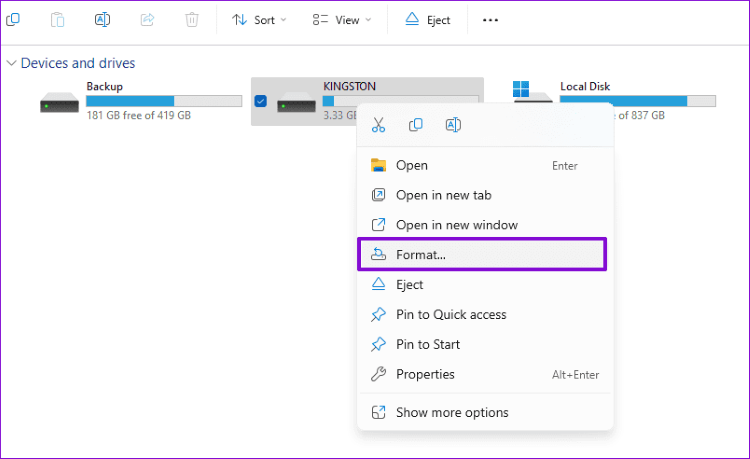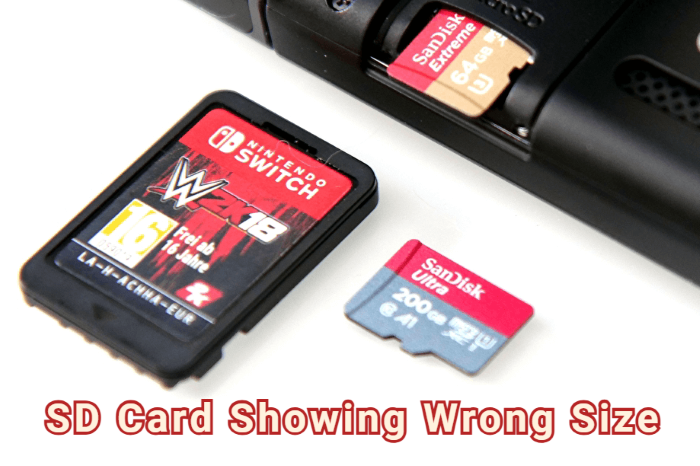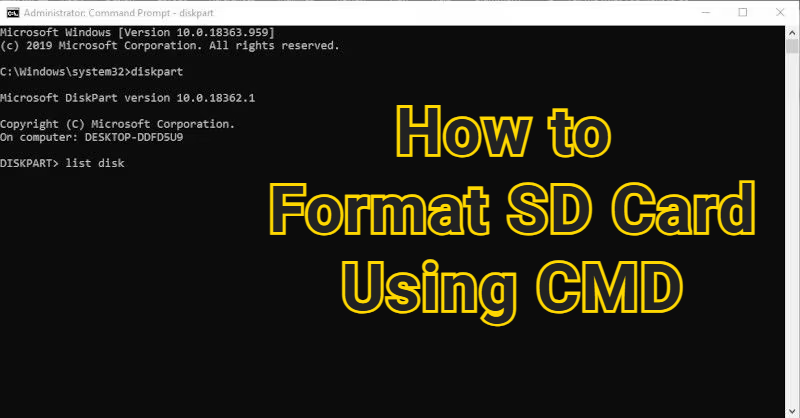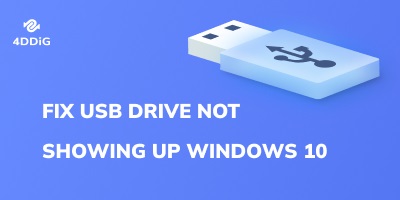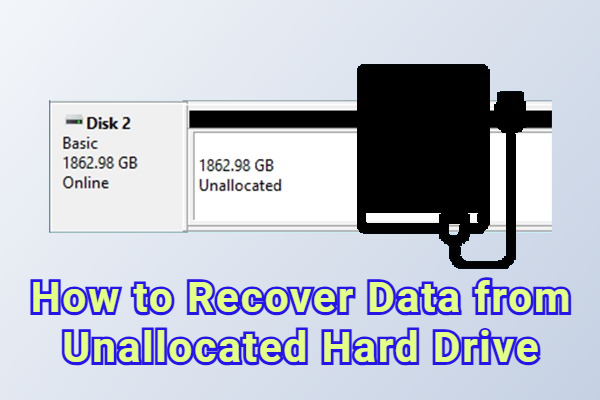[2026] How to Fix The File or Directory Is Corrupted and Unreadable
You click on a drive, folder, or even a single file, and suddenly Windows throws an unexpected error: The file or directory is corrupted and unreadable. Your heart sinks. You double-check the connection and try again, but the message keeps popping up, making your drive or its data inaccessible.
If you’re wondering why this happened and whether your files are gone forever, you’re not alone. In this guide, we’ll explain what causes this error and show you safe ways to fix it.
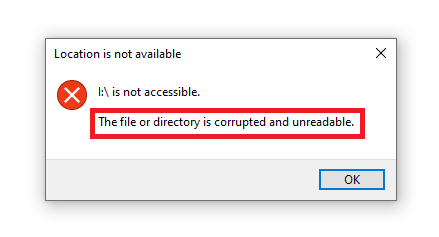
Overview of The File or Directory Is Corrupted and Unreadable
As mentioned, this error can affect a file, folder, or even an entire drive, blocking access to your data. Before exploring specific repair methods, it’s helpful to understand the common symptoms and underlying causes so you know what’s going wrong.
The File or Directory Is Corrupted and Unreadable Symptoms
- The drive shows as RAW when you check it in Disk Management or File Explorer.
- Error code 0x80070570 appears when you try to access files or folders, indicating they’re corrupted or unreadable.
- Messages like “H:\ is not accessible” or “H:\ is not reachable” appear when opening a storage device (where H is the drive letter).
Causes of The File or Directory Is Corrupted and Unreadable Error
- File system corruption: Damage to the drive’s file system (NTFS/FAT/exFAT) prevents Windows from reading files or folders.
- Improper removal of the storage: Unplugging a drive without safely ejecting it can corrupt directory records.
- Sudden power loss or system interruption: Power failures or forced shutdowns during read/write operations may damage files.
- Bad sectors on the drive: Physical or logical bad sectors can make parts of the drive unreadable.
- Failing or damaged storage device: Aging hard drives, SSD issues, or faulty USB connections can trigger this error.
⚡ Don’t Wait: Recover Data from Corrupted/Unreadable Drive
When a drive becomes corrupted or unreadable, you may suddenly lose access to all important files. The longer you wait, the higher the risk of permanent data loss. So, acting quickly in this case is crucial.
This is where 4DDiG Data Recovery comes in. It can recover inaccessible files (photos, videos, documents, audio files, and more) when Windows shows errors, the drive not being accessible or the system indicating the drive contains RAW file systems. Here's why it's recommended:
Secure Download
Secure Download
What can 4DDiG do for you:
- 📁 Supports Multiple Data Types: Restore 2,000+ file types, including documents, photos, videos, audio, and emails...
- 💾 Various Storage Support: Recover files from HDD/SSD, USB drive, SD card, OneDrive...
- 👁️ Free Preview: See what files can be recovered without paying anything.
- ☺️ User-Friendly Interface: Simple and intuitive design suitable for both beginners and advanced users.
- 🔍 Deep Scan: Locate files even in severely corrupted or damaged drives.
Steps to use 4DDiG for file recovery:
- Open 4DDiG Data Recovery on your computer and select the drive where you want to recover the data from.

- On the left panel, switch to the "Type" tab and choose the file you want to recover, you can choose from Photo, Video, Document...

- Wait for 4DDiG to complete scanning. After that, select the files you need, and click to have a quick preview. When ready, click "Recover".

- When you're sure what files to recover, select a new location to save the recoverable files, and begin the process. And it's suggested not to choose the original place to avoid data overwriting.

Quick Fixes for The File Directory Is Corrupted and Unreadable Error
Before jumping into advanced repairs, it’s best to start with a few quick checks. In many cases, this error is caused by temporary connection issues or system glitches, and these simple fixes may restore access to your files in minutes.
#1 Reconnect the Drive
Safely eject the drive, unplug it, and reconnect it. Sometimes, a loose connection or faulty USB port can prevent Windows from reading the drive properly. If possible, try a different USB port or cable.
#2 Restart Your Computer
A simple restart can clear temporary system glitches that block access to files or folders. This is often effective when Windows encounters minor read/write errors.
#3 Try the Drive on Another Computer
Plugging the drive into a different PC helps determine whether the problem lies with the drive itself or your current system. If it works elsewhere, the issue may be software-related on your original PC.
#4 Temporarily Disable Antivirus Software
Security software may sometimes block access to a drive if it suspects malware. If you are confident that the drive is safe, temporarily disabling the antivirus can let you access your files. Remember to re-enable it afterward.
❗ These steps are fast, low-risk, and often enough to resolve minor issues. If you keep seeing the file or directory is corrupted and unreadable error on Windows 10/11, it’s time to move on to advanced fixes.
Fix The File Directory Is Corrupted and Unreadable on Windows 10/11
Below are some proven workarounds for this tricky problem, you can take your time and try them one-by-one.
Video tutorial on how to fix the file or directory is corrupted or unreadable.
Secure
Download
Secure
Download
1 Run a Malware Scan
Sometimes this error isn’t due to the drive itself, but malware or viruses. If your Windows has been running slowly, acting strangely, or blocking access to your drive, running a full malware scan with third-party tools or built-in Windows Security program can quickly detect and remove threats.
Using the built-in software is the easiest way. Here's how to perform a malware scan with Windows Security.
- Press Win + S, type "Windows Security", and press Enter.
- Click on "Virus & threat protection" in the left-hand menu.

- Click "Scan options" and select "Full scan", then click "Scan now".

- This may take some time depending on the number of files on your computer.
- Once the scan finishes, follow to remove any detected threats. Once done, restart your PC and check if the drive/file is accessible.
ℹ️ Here's what to know: Windows also includes a "Microsoft Defender Offline Scan," which runs before Windows starts and can detect and remove stubborn malware that a normal "Full scan" might miss. It requires a reboot and takes longer, but it’s useful if your system is heavily infected. So for most cases, a regular "Full scan" is enough.
2 Scan and Repair Drive
If your drive or file system has minor errors or corruption, Windows can often fix them automatically. This also applies to the file or directory is corrupted and unreadable issue. You can scan your drive for errors and let Windows repair them. To check your drive for errors, you have two options:
#1 Scan Through File Explorer:
When your hard drive can be accessed through File Explorer, you can run a quick scan to check for errors and fix minor problems using the steps below:
- Press Win + E and navigate to "This PC".
- Right-click the drive you want to check and select "Properties".
- In the drive properties window, click the "Tools" tab.

- Under "Error checking", click "Check" to scan the drive for errors.
- Then, click "Scan drive" on the pop-up window.

The tool will immediately scan the drive for any potential errors. If you see the detected errors, follow Windows' instruction to take further steps to fix them.
#2 Scan Through Command Prompt:
For drives with more serious file system problems, a basic File Explorer scan might not be enough. In this case, you can run the chkdsk command prompt to check for errors, corruption, and bad sectors.
This utility inspects the drive’s file system and metadata for both logical and physical issues. With options like /f, /x, or /r, it can repair them, and it works on internal drives as well as external storage such as USB drives and pen drives.
- Press Win + S, type "Command Prompt", right-click it, and select "Run as administrator".
- Type
chkdsk X: /f /rand press Enter (replaceX:with the drive letter you want to scan).
- Then allow CHKDSK to scan and repair the drive and wait for the process to finish.
- After the process completes, check if you can access the drive and its files.
📝 Important Notes:
- The command can fix file system issues like corrupted directories or cross-linked files, but it cannot repair physical damage to the drive.
- If CHKDSK detects bad sectors, it will mark them as unusable so Windows won’t store data there. This prevents future writes to damaged areas but doesn’t restore already lost data.
- Files stored in bad sectors may become unreadable when marked by CHKDSK. So, back up important data first. If some files are already inaccessible, you can use professional data recovery software to retrieve data.
Secure
Download
Secure
Download
3 Check for Memory Issues
Sometimes your hard drive or files won’t open not because the drive is damaged, but because of memory problems. Faulty RAM can cause Windows to crash, freeze, or even corrupt data, making it look like the drive has a problem.
To resolve such an issue, you can run the Windows Memory Diagnostic tool, which tests your RAM for errors and attempts to fix them if possible. Follow the steps below to check your system’s memory.
- Press Win + S, type "Windows Memory Diagnostic", and press Enter.
- Click "Restart now and check for problems" to begin the test immediately, or select "Check for problems the next time I start my computer".

- Your computer will restart and run the memory diagnostic automatically.
- Wait for the scan to complete. After the test, you will see the results that may indicate any detected issues.
- Finally, restart your computer and see if "the drive is not accessible the file or directory is corrupted and unreadable" error is resolved.
ℹ️ Here's what to know: If memory errors are detected, the issue is hardware-related and software fixes may not resolve the problem, replacing the faulty RAM may be necessary. If no issues are found, you can safely move on to other troubleshooting methods.
4 Fix Startup Problems
If the error appears during boot and affects your system drive, startup-related issues may be to blame. Using Windows Startup Repair can help fix problems that prevent the system from loading files correctly and restore normal access.
- Open "Settings", go to "Update & Security" and select "Recovery".
- Under "Advanced startup", click "Restart now" for Windows to boot in recovery environment.

- When the recovery screen appears, choose "Troubleshoot > Advanced options > Startup Repair".

- Choose your Windows account and enter the password if prompted.
- Wait for Windows to diagnose and fix startup problems, then restart your PC.
ℹ️ Here's what to know: Startup Repair is mainly useful when the error affects the system drive or prevents Windows from starting normally. The process may take several minutes and restart your computer more than once.
5 Format Your Drive
If none of the previous methods work and you're still dealing with the file or directory is corrupted and unreadable issue, formatting the drive may be the only option left.
This process rebuilds the file system and resolves severe corruption, but it also erases all data on the drive. Therfore, it should be used as a last resort if you've made a full backup first. To format your drive, you have 3 options, follow to see which applies to you:
#1 Format via File Explorer:
If the drive is still visible in File Explorer, formatting it there is the quickest option. This method lets you rebuild the file system in just a few clicks, making it suitable for external drives or secondary disks.
- Press Win + E to open File Explorer and go to "This PC".
- Right-click the drive you want to format and select "Format".

- Choose a file system (such as "NTFS" or "exFAT") and set a volume label if needed.
- You can check "Quick Format" then click "Start" and confirm to begin formatting the drive.

- Wait for the process to finish, then see if the drive is usable.
📍 Key Takeaway:
If you haven’t backed up your files before formatting, you can try to recover data from formatted drive using data recovery software to avoid permanent loss.
#2 Format via Disk Management:
If formatting through File Explorer doesn’t work, Disk Management offers a more reliable alternative. This built-in tool lets you manage partitions directly and format drives that don’t respond correctly in File Explorer.
- Press Win + X and select "Disk Management" from the menu.

- Locate the drive or partition you want to format, right-click on it and choose "Format".

- Enter a volume label, choose a file system, and select "Perform a quick format."
- Click "OK" to confirm. When the drive is formatted, check if the error is fixed.
#3 Format via Command Prompt:
For drives that require a more advanced approach, you can format them using Command Prompt. This method is more complicated and time-consuming, but it can handle stubborn drives that the previous methods can’t.
- Press Win + S, type "Command Prompt", right-click it, and select "Run as administrator".
- Type
diskpartand press Enter to launch the DiskPart utility. - Type
list disk, press Enter and identify the drive you want to format. Then typeselect disk X(replace X with the disk number) and press Enter.
- Type
cleanand confirm to remove all partitions and data on the drive. - Type
create partition primaryand press Enter to create a new partition. - Type
format fs=ntfs quickand move on to format the drive. - Type
assignand press Enter to assign a drive letter. - Type
exitto close DiskPart and then close Command Prompt.
Tips to Protect Your Drives from Damage and Corruption
Keeping your drives safe is essential to avoid data loss and corruption. Below are a few tips that can help protect internal, external, and USB drives from damage and ensure your files remain secure.
- Always safely eject your drives before unplugging them.
- Keep your drives away from extreme temperatures and moisture.
- Regularly back up important data to another drive or cloud storage.
- Use reliable antivirus software to prevent malware from damaging your drives.
- Do not remove or change the drives while data is being written or transferred.
Regain Access to Your Files Easily
Seeing the file or directory is corrupted and unreadable error can be stressful, but it doesn’t have to mean your data is gone. Using the right fixes introduced in this article, you can often regain access to your drive.
To avoid running into the same problem again, remember to back up your important data and handle your drives with care. And if there is data loss, Tenorshare 4DDiG can help you retrieve them safely. Following these tips will keep your files secure and your drives working smoothly.
Secure Download
Secure Download
💡 Summarize with AI:
You May Also Like
- Home >>
- USB Recovery >>
- [2026] How to Fix The File or Directory Is Corrupted and Unreadable
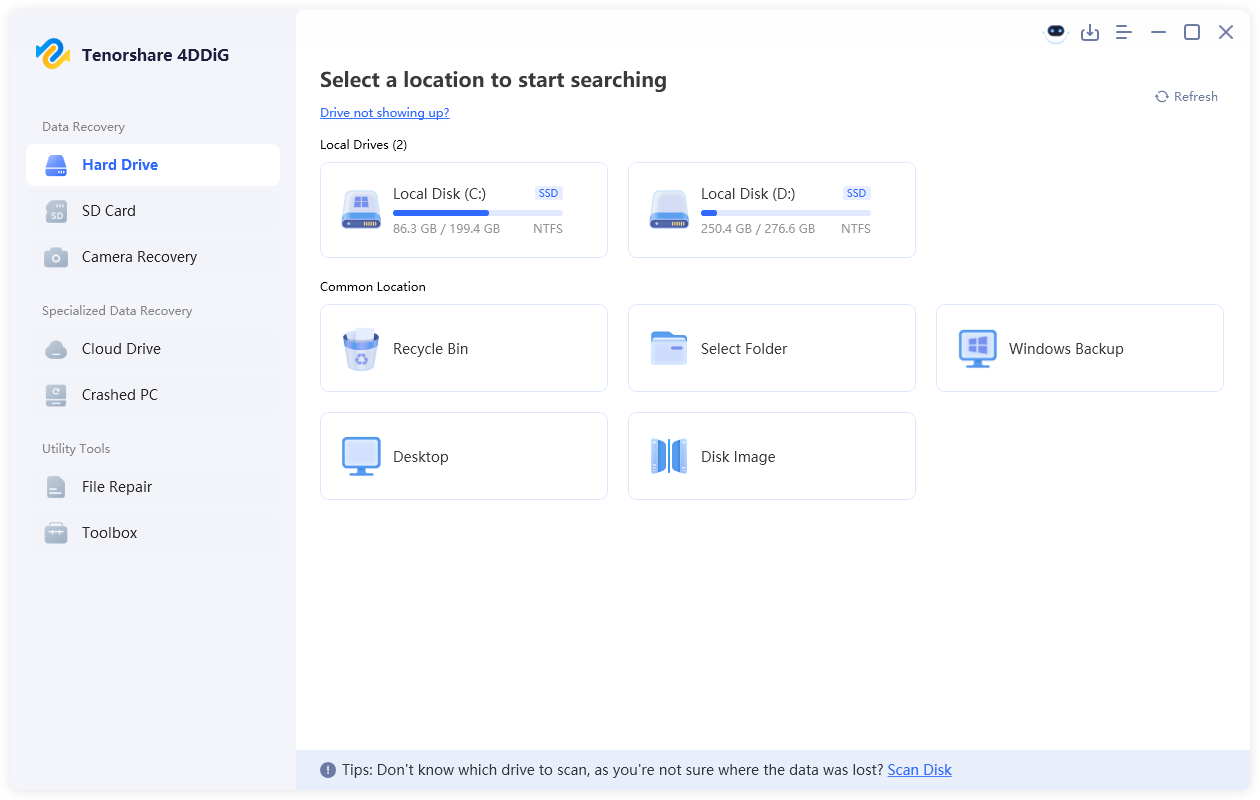
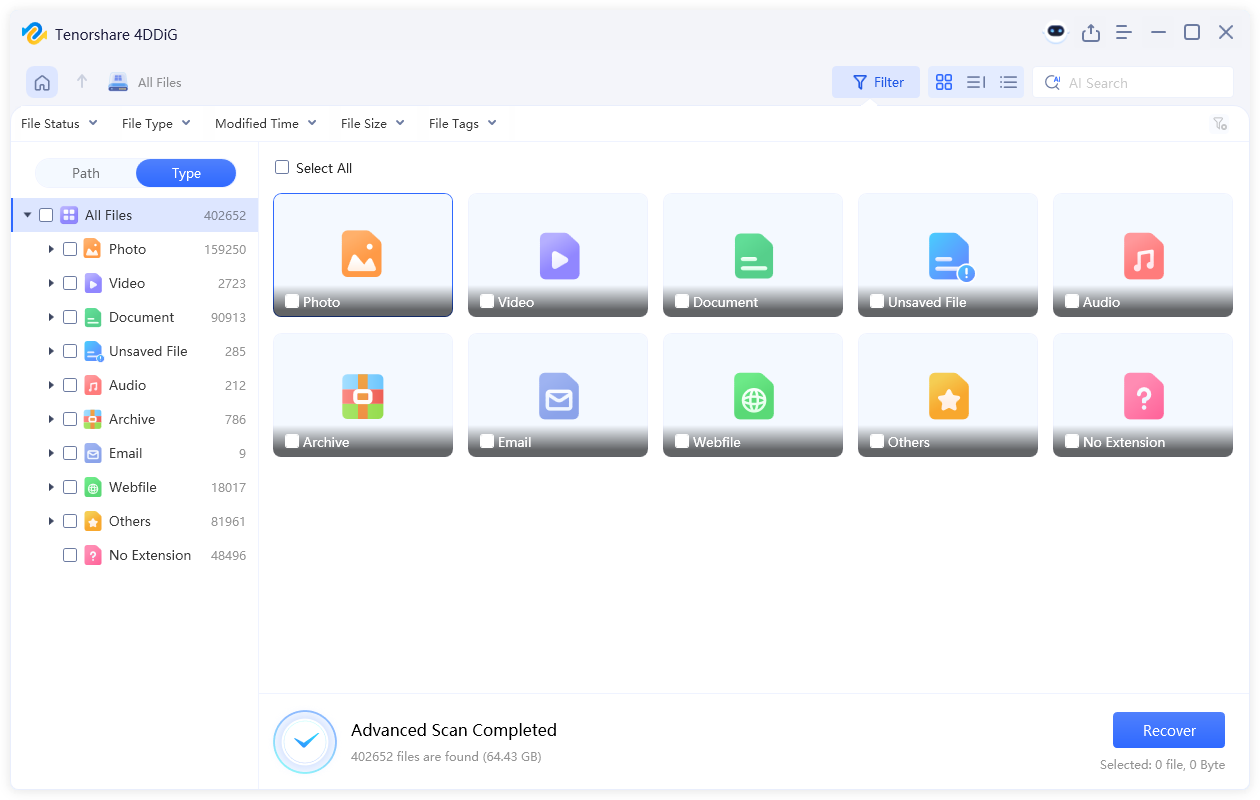
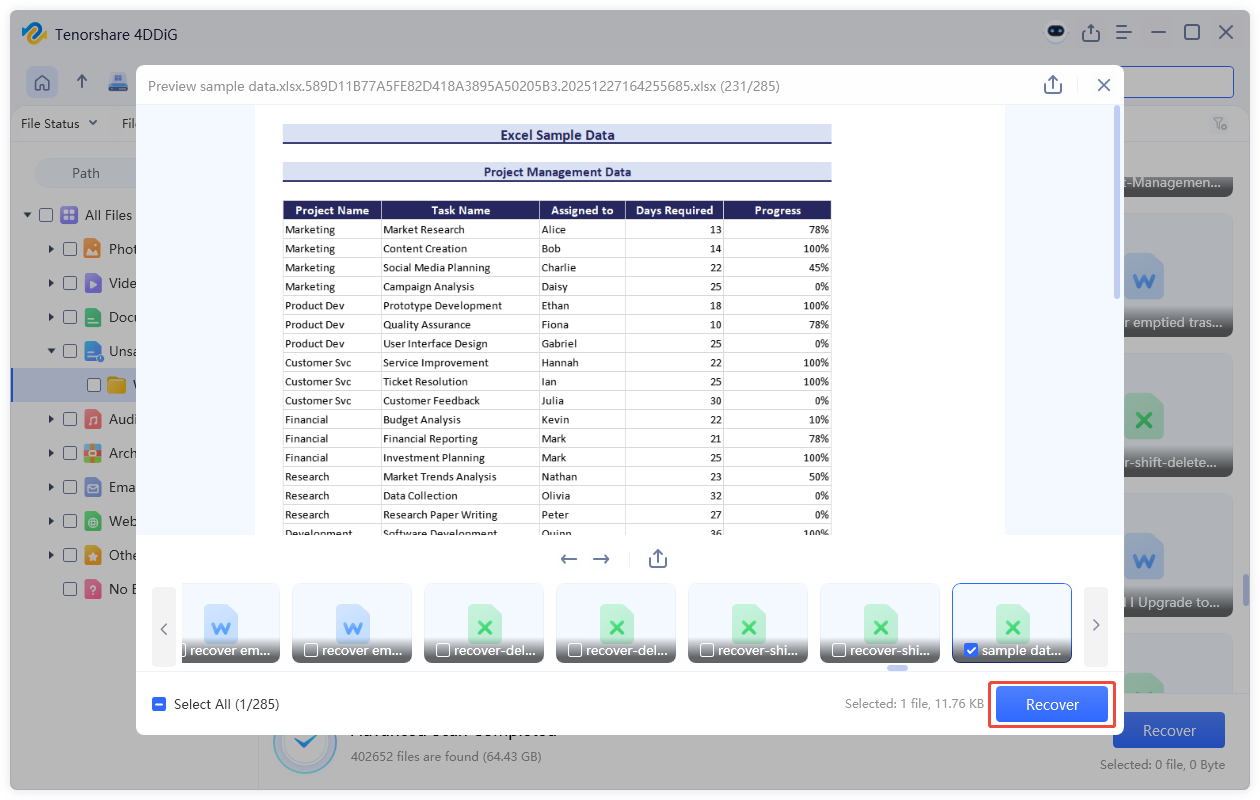
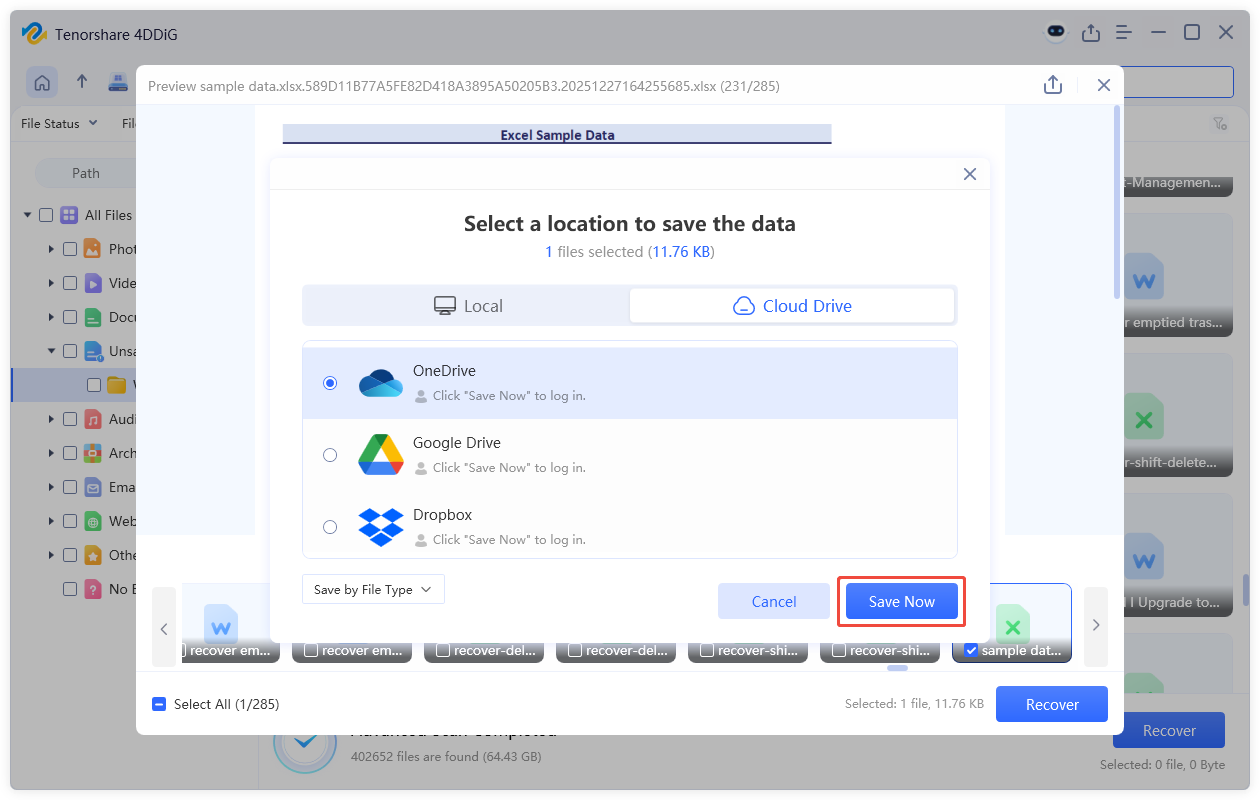
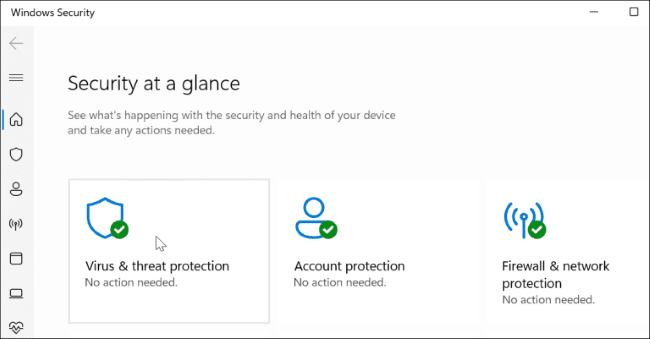
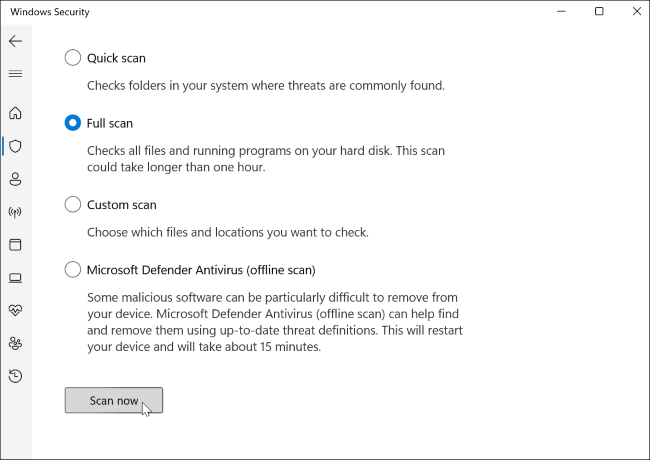
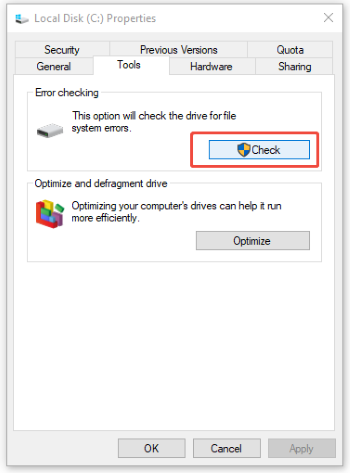
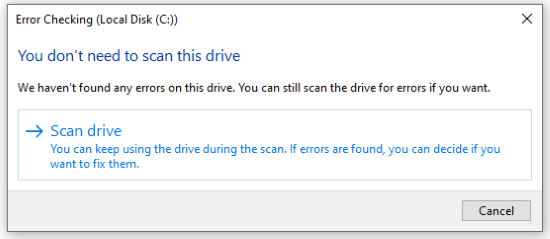
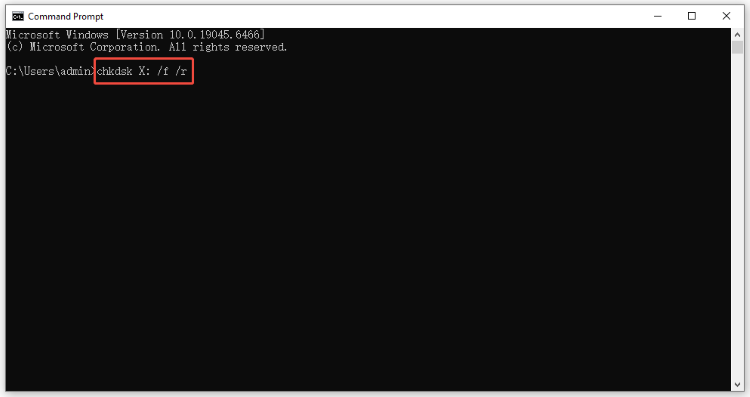
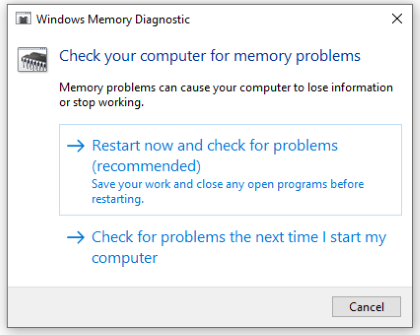
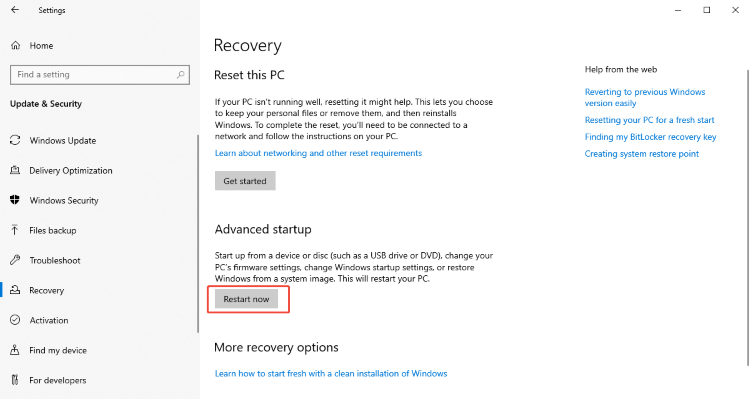
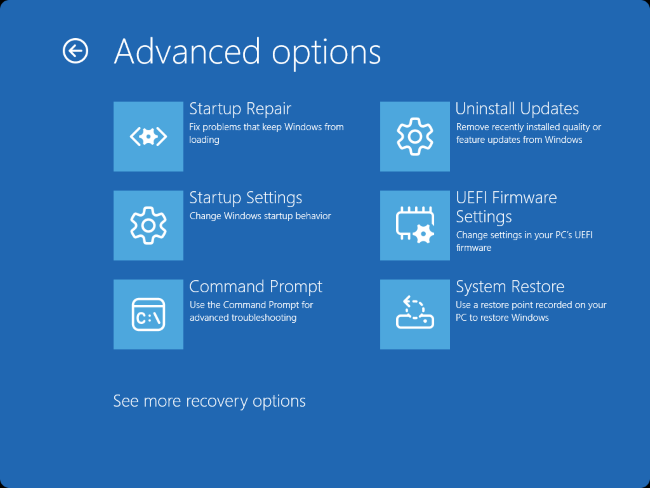
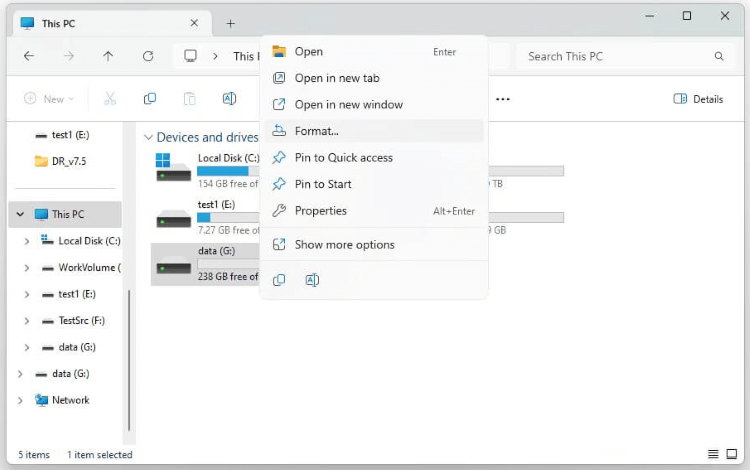
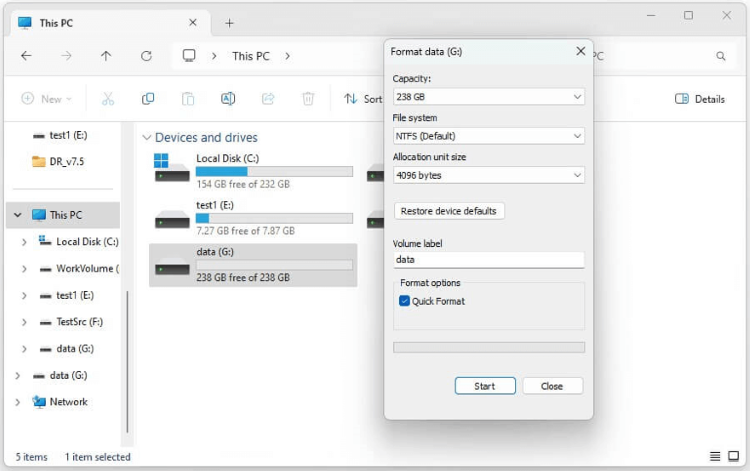
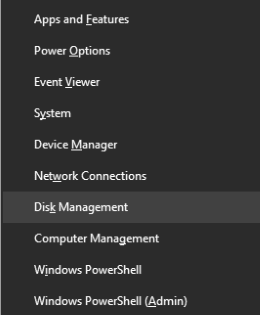
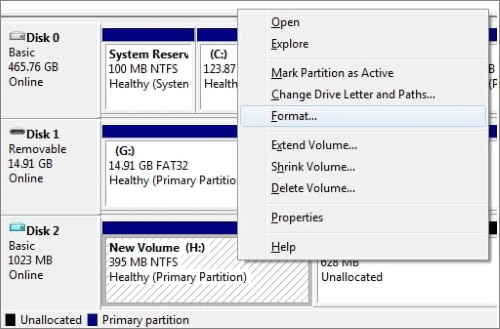
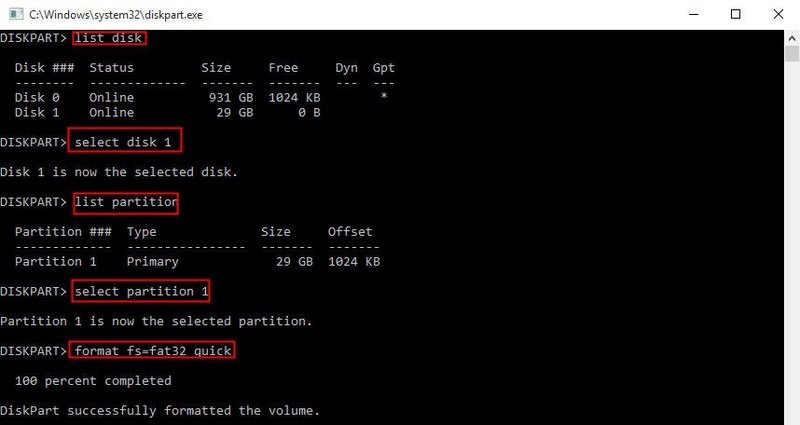
 ChatGPT
ChatGPT
 Perplexity
Perplexity
 Google AI Mode
Google AI Mode
 Grok
Grok

